Summary
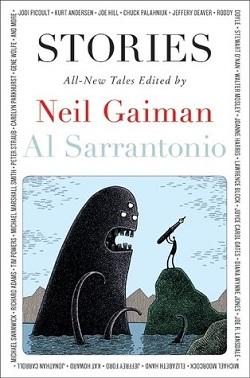
Stories: All-New Tales
by Neil Gaiman
"The joy of fiction is the joy of the imagination. . . ."
The best stories pull readers in and keep them turning the pages, eager to discover more—to find the answer to the question: "And then what happened?" The true hallmark of great literature is great imagination, and as Neil Gaiman and Al Sarrantonio prove with this outstanding collection, when it comes to great fiction, all genres are equal.
Stories is a groundbreaking anthology that reinvigorates, expands, and redefines the limits of imaginative fiction and affords some of the best writers in the world—from Peter Straub and Chuck Palahniuk to Roddy Doyle and Diana Wynne Jones, Stewart O'Nan and Joyce Carol Oates to Walter Mosley and Jodi Picoult—the opportunity to work together, defend their craft, and realign misconceptions. Gaiman, a literary magician whose acclaimed work defies easy categorization and transcends all boundaries, and "master anthologist" (Booklist) Sarrantonio personally invited, read, and selected all the stories in this collection, and their standard for this "new literature of the imagination" is high. "We wanted to read stories that used a lightning-flash of magic as a way of showing us something we have already seen a thousand times as if we have never seen it at all."
Joe Hill boldly aligns theme and form in his disturbing tale of a man's descent into evil in "Devil on the Staircase." In "Catch and Release," Lawrence Block tells of a seasoned fisherman with a talent for catching a bite of another sort. Carolyn Parkhurst adds a dark twist to sibling rivalry in "Unwell." Joanne Harris weaves a tale of ancient gods in modern New York in "Wildfire in Manhattan." Vengeance is the heart of Richard Adams's "The Knife." Jeffery Deaver introduces a dedicated psychologist whose mission in life is to save people in "The Therapist." A chilling punishment befitting an unspeakable crime is at the dark heart of Neil Gaiman's novelette "The Truth Is a Cave in the Black Mountains."
As it transforms your view of the world, this brilliant and visionary volume—sure to become a classic—will ignite a new appreciation for the limitless realm of exceptional fiction.
.
Read
Stories: All-New Tales on http://kissnovel.net
Martial Peak Reviews
Stories: All-New Tales, edited by Neil Gaiman and Al Sarrantonio, is an anthology that stands as a testament to the power of imagination in fiction. With contributions from a diverse array of authors, this collection not only showcases the talents of established writers but also redefines the boundaries of what imaginative literature can encompass. The blurb aptly captures the essence of the anthology, emphasizing the joy of fiction and the thrill of storytelling. Gaiman and Sarrantonio have curated a selection of stories that invite readers to explore the familiar through a lens of magic and wonder, making the ordinary feel extraordinary.
One of the most striking aspects of Stories is its thematic diversity. Each story, while unique in its narrative and style, shares a common thread of exploring the human experience through fantastical elements. For instance, Joe Hill's "Devil on the Staircase" delves into the darker aspects of human nature, illustrating a man's descent into evil. Hill's ability to intertwine psychological depth with horror creates a chilling atmosphere that lingers long after the last page is turned. This theme of moral ambiguity resonates throughout the anthology, prompting readers to reflect on their own choices and the nature of good and evil.
In "Catch and Release," Lawrence Block presents a seemingly simple tale of fishing that evolves into a metaphor for life's complexities. The protagonist's duality—his talent for catching fish and his darker inclinations—serves as a reminder that every individual harbors both light and shadow. Block's character development is subtle yet profound, allowing readers to empathize with the protagonist's internal struggles. This nuanced portrayal of character is a hallmark of many stories in the collection, where authors skillfully balance the fantastical with the deeply personal.
Carolyn Parkhurst's "Unwell" adds another layer to the anthology's exploration of relationships, particularly sibling rivalry. The story's dark twist serves as a commentary on the lengths to which individuals will go to protect their own interests, even at the expense of familial bonds. Parkhurst's characters are richly drawn, their motivations complex and relatable, which enhances the emotional impact of the narrative. This theme of betrayal and loyalty is echoed in Richard Adams's "The Knife," where vengeance becomes a driving force, illustrating how deeply personal grievances can lead to catastrophic consequences.
Joanne Harris's "Wildfire in Manhattan" introduces ancient gods into a modern setting, blending myth with contemporary life. This juxtaposition not only highlights the timelessness of certain themes—such as power, love, and revenge—but also invites readers to reconsider the relevance of mythology in today's world. Harris's characters are vibrant and multifaceted, embodying the struggles of modern existence while simultaneously drawing on the wisdom of the past. This interplay between the ancient and the modern is a recurring motif in the anthology, showcasing the versatility of storytelling across different genres.
Neil Gaiman's own contribution, "The Truth Is a Cave in the Black Mountains," is a standout piece that encapsulates the anthology's essence. Gaiman's signature style—rich in imagery and layered with meaning—creates a haunting narrative that explores themes of greed, revenge, and the quest for redemption. The story's chilling conclusion leaves readers contemplating the moral implications of the characters' actions, a testament to Gaiman's ability to provoke thought through his storytelling. His work, along with that of his fellow contributors, reinforces the idea that great fiction transcends genre, inviting readers to engage with the text on multiple levels.
The anthology's structure allows for a seamless flow between stories, each one enhancing the reader's experience and understanding of the overarching themes. Gaiman and Sarrantonio's editorial choices reflect a keen awareness of the power of storytelling to evoke emotion and provoke thought. The collection not only entertains but also challenges readers to confront their own beliefs and assumptions about the world around them.
In comparison to other anthologies, Stories stands out for its commitment to imaginative fiction that defies categorization. While many collections may focus on a single genre or theme, Gaiman and Sarrantonio have curated a diverse array of voices and styles that enrich the reading experience. This anthology can be likened to works such as The Dark Tower series by Stephen King or The New Weird movement, where the blending of genres creates a tapestry of narratives that challenge conventional storytelling norms. However, what sets Stories apart is its unwavering focus on the imaginative aspect of fiction, encouraging readers to embrace the fantastical as a means of exploring the human condition.
Overall, Stories: All-New Tales is a remarkable anthology that celebrates the art of storytelling in all its forms. The collection not only showcases the talents of some of the best writers in contemporary literature but also serves as a reminder of the limitless possibilities of fiction. Gaiman and Sarrantonio have crafted a volume that is sure to ignite a new appreciation for imaginative literature, making it a must-read for anyone who cherishes the power of a good story. As readers journey through the pages of this anthology, they will find themselves captivated by the magic of storytelling, eager to discover what lies beyond the next turn of the page.





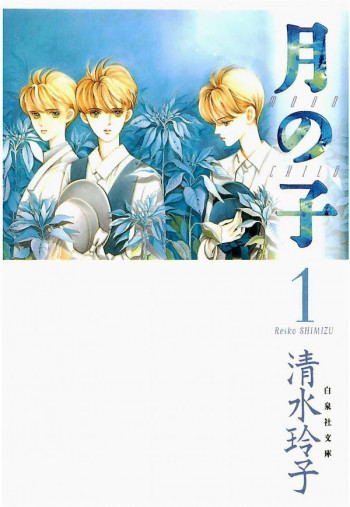

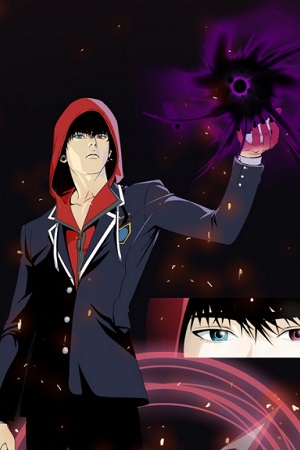

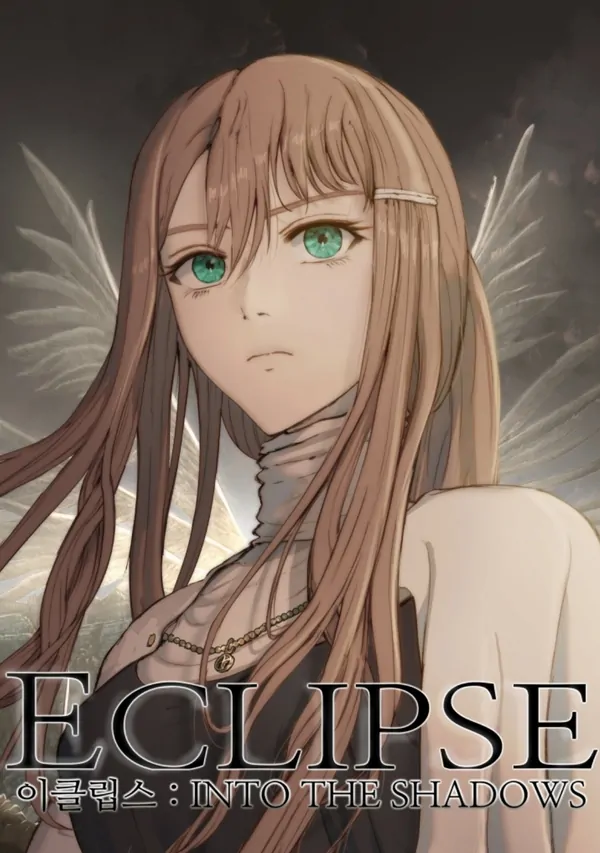

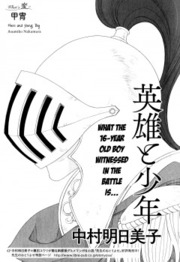












Reviews 0
Post a Reviews: